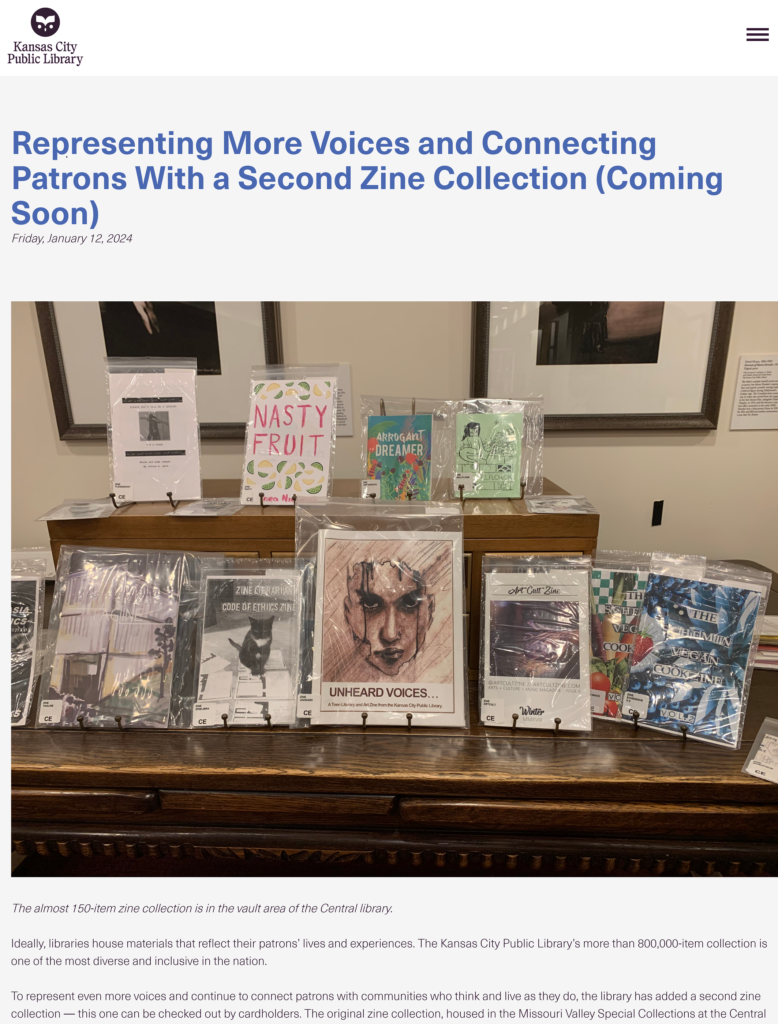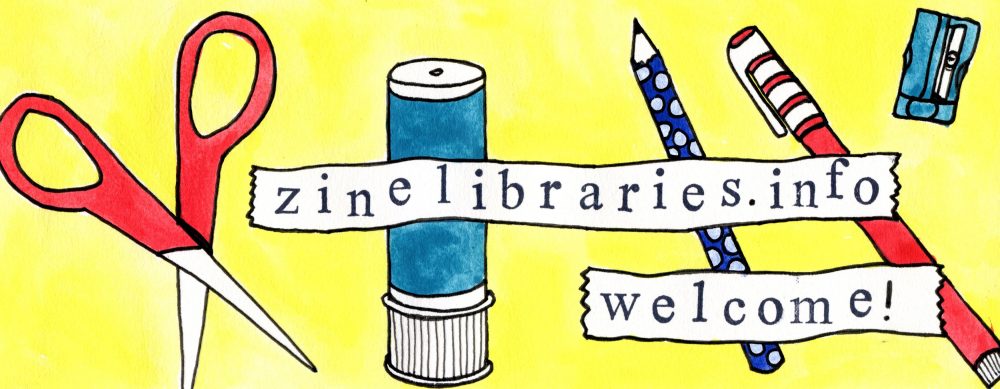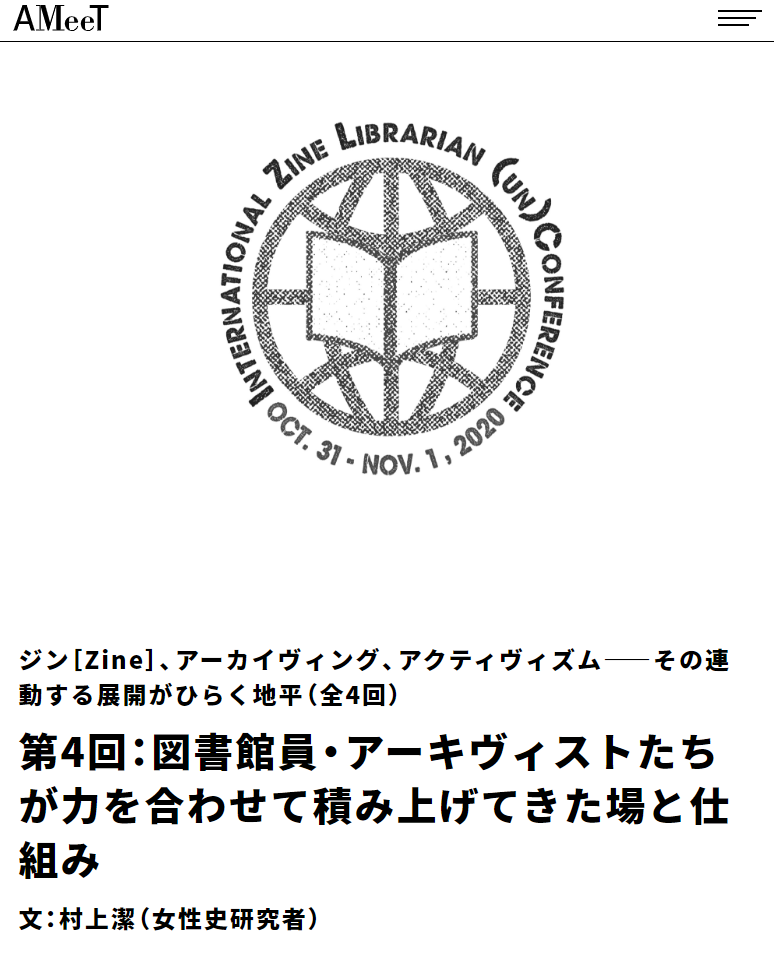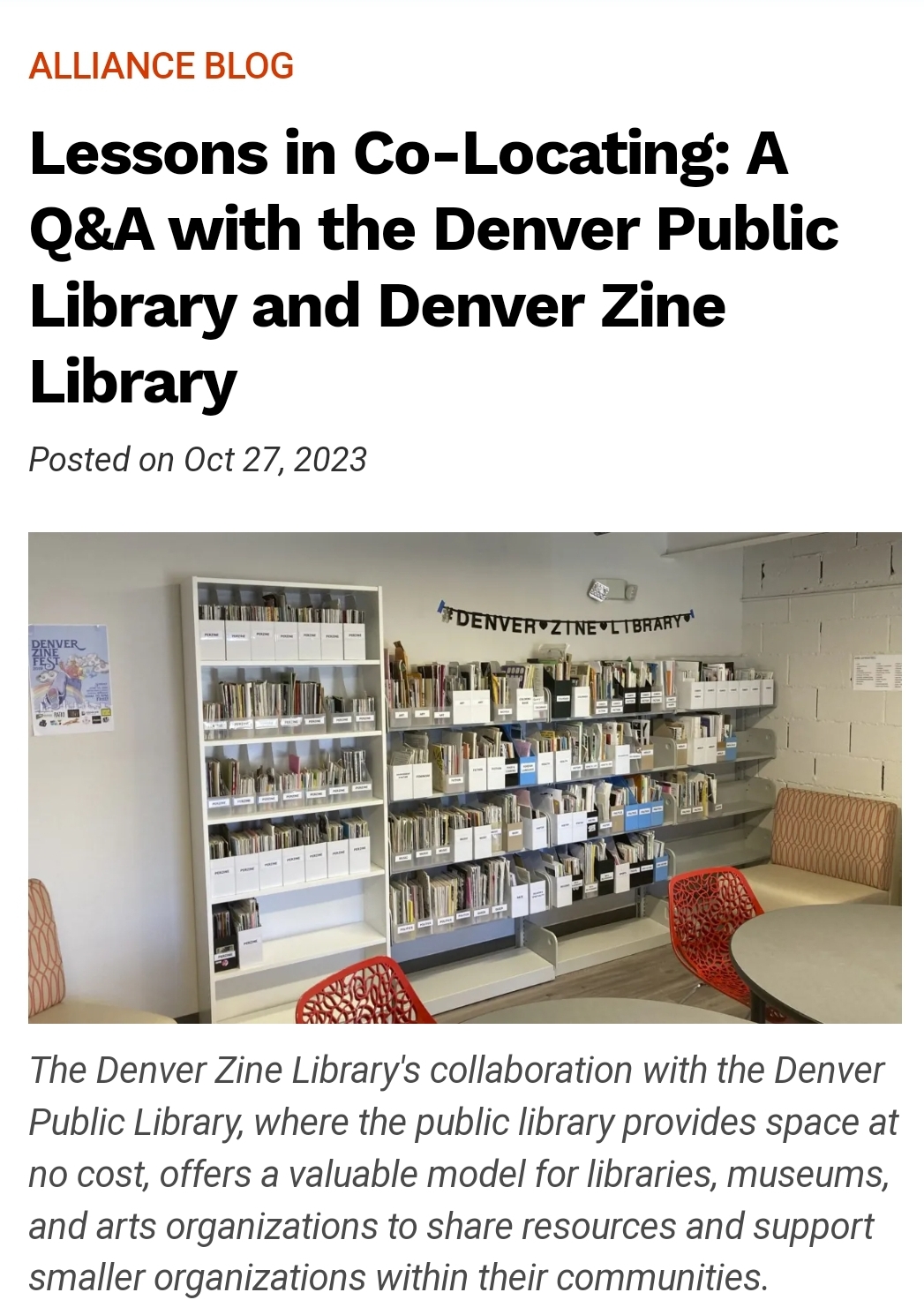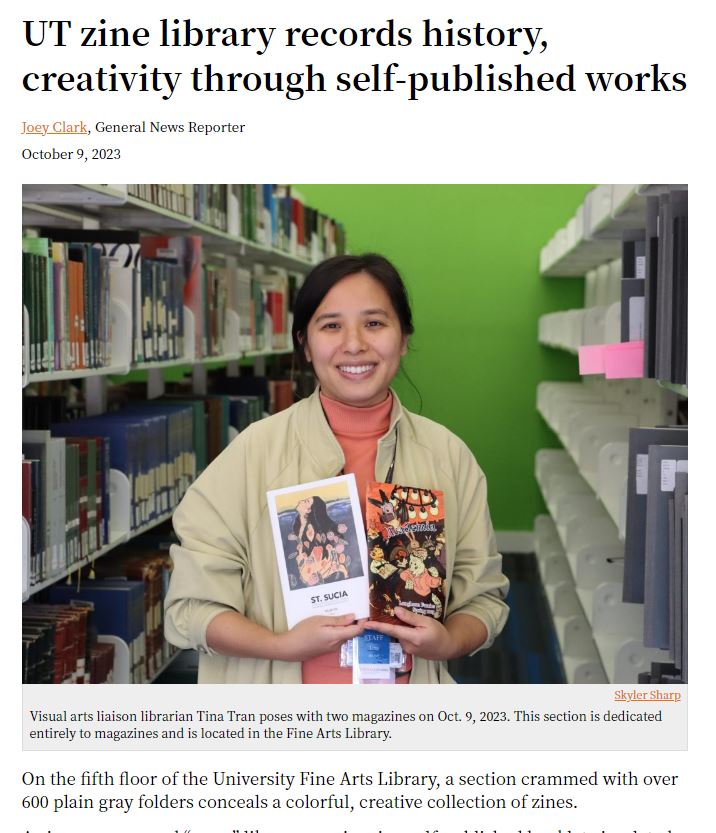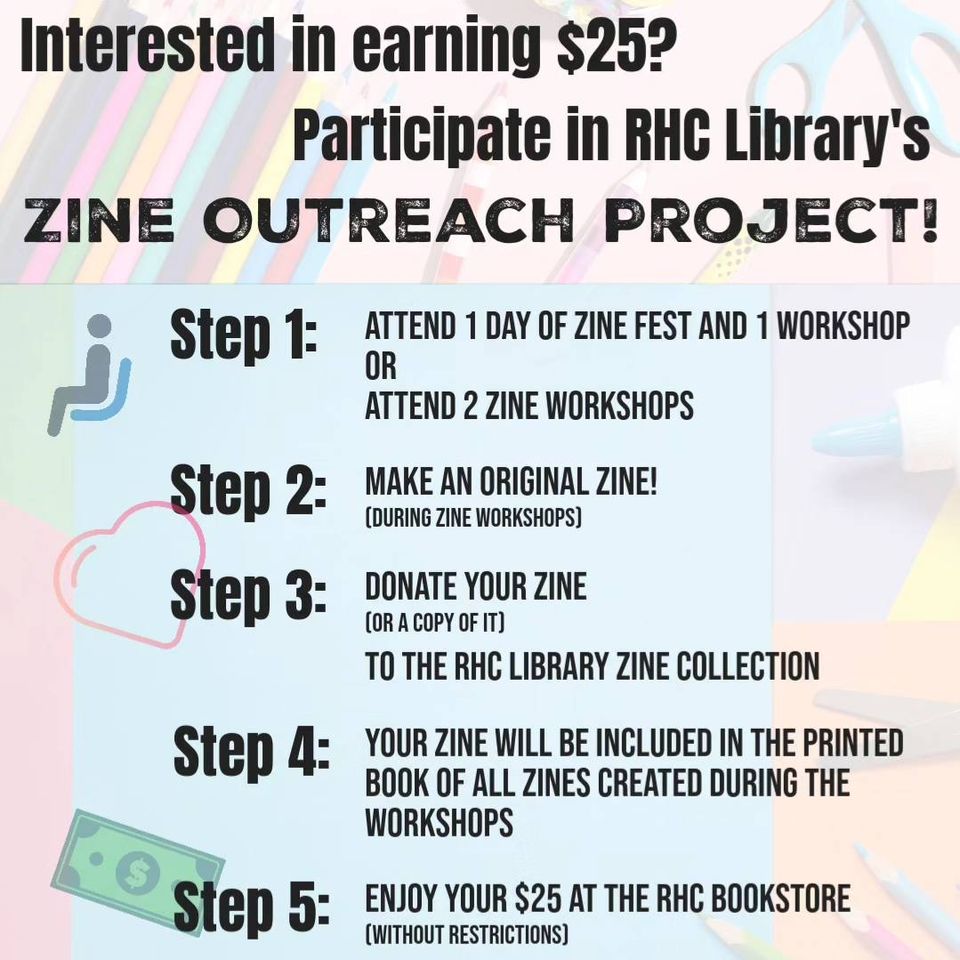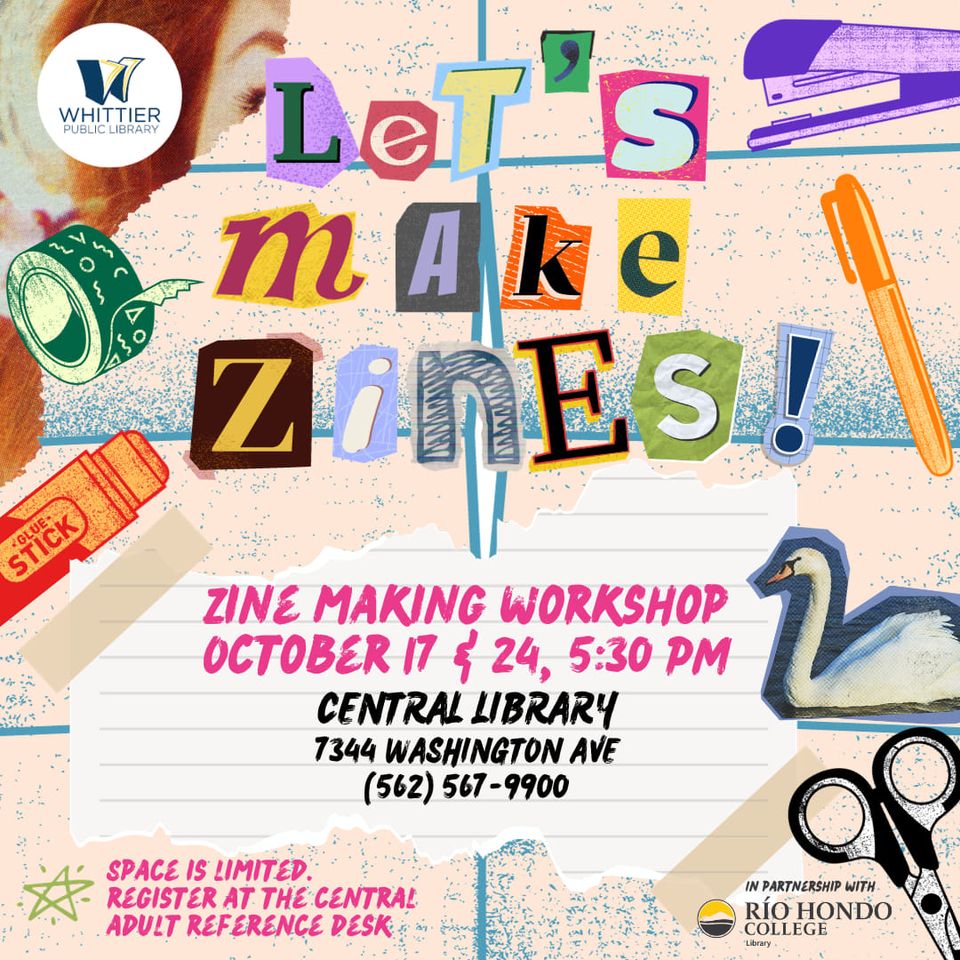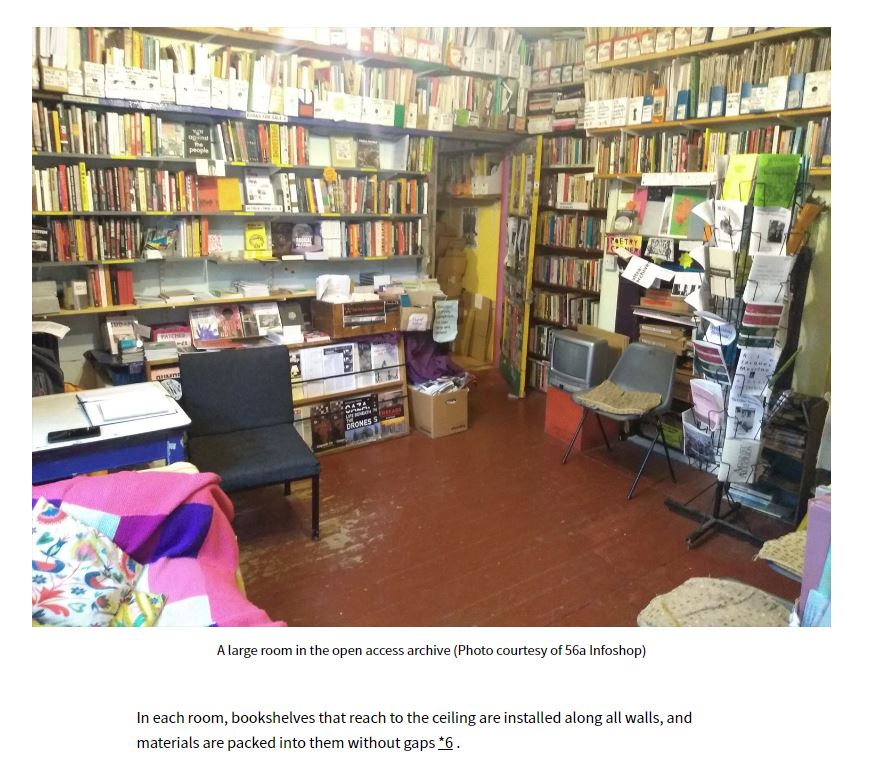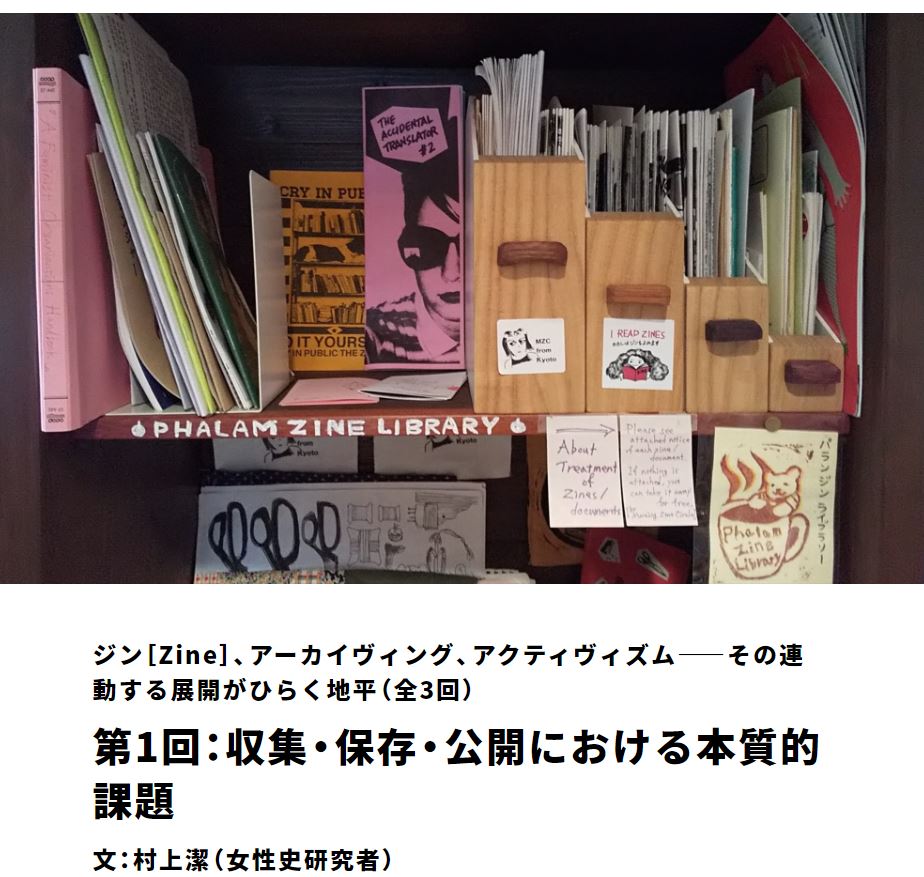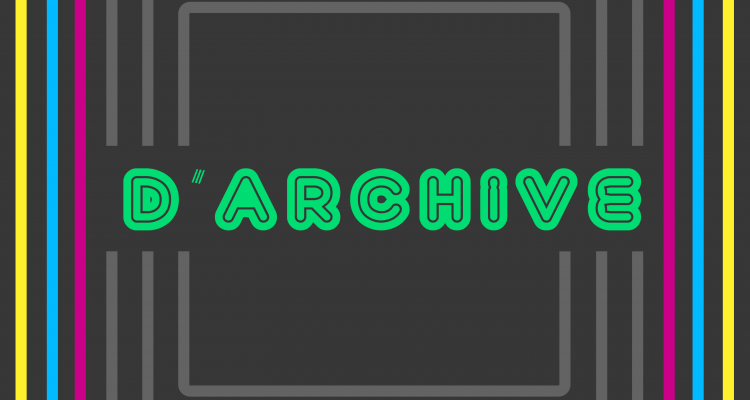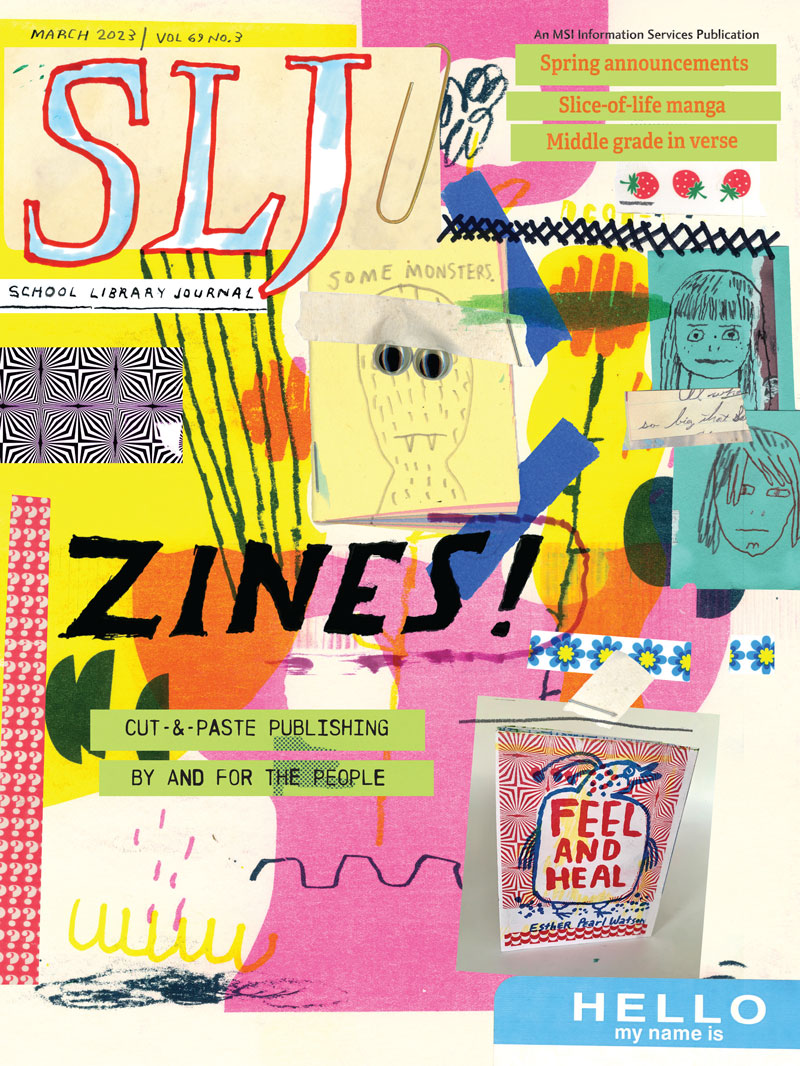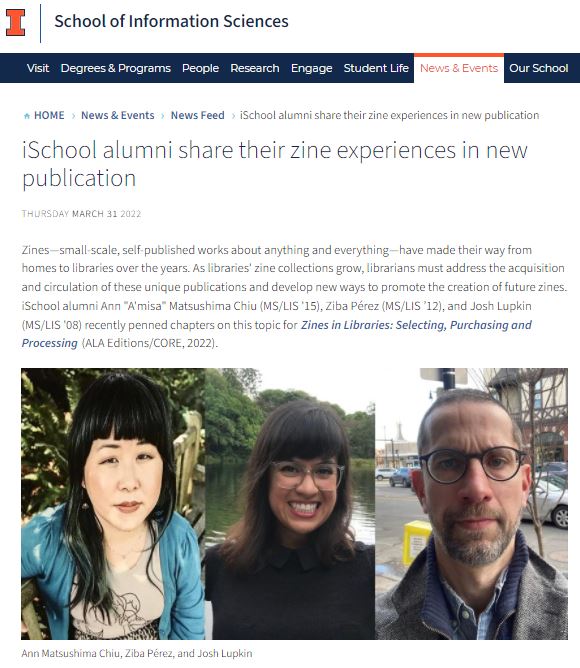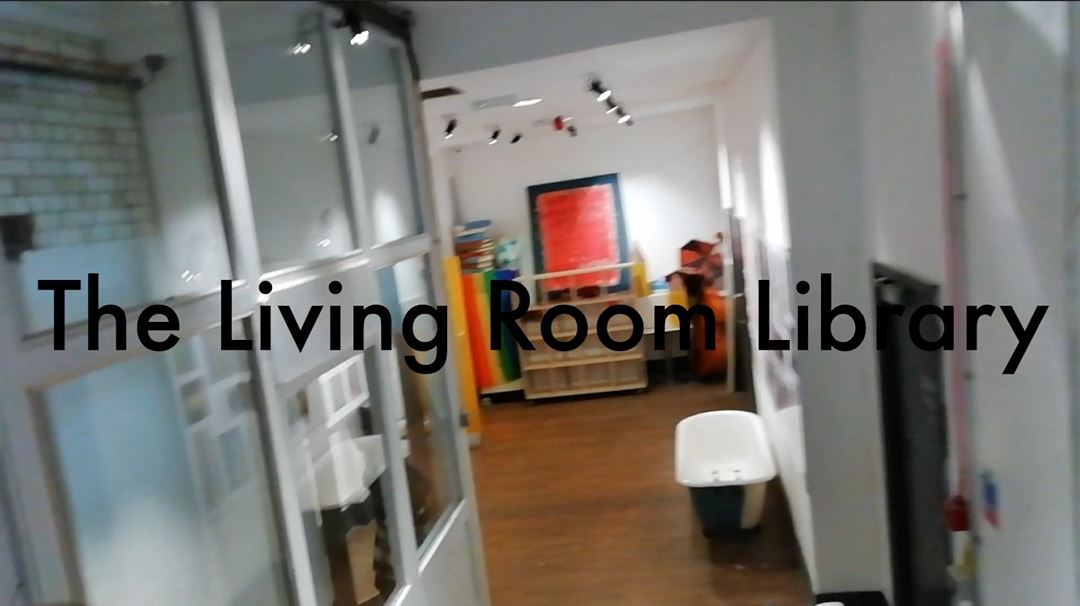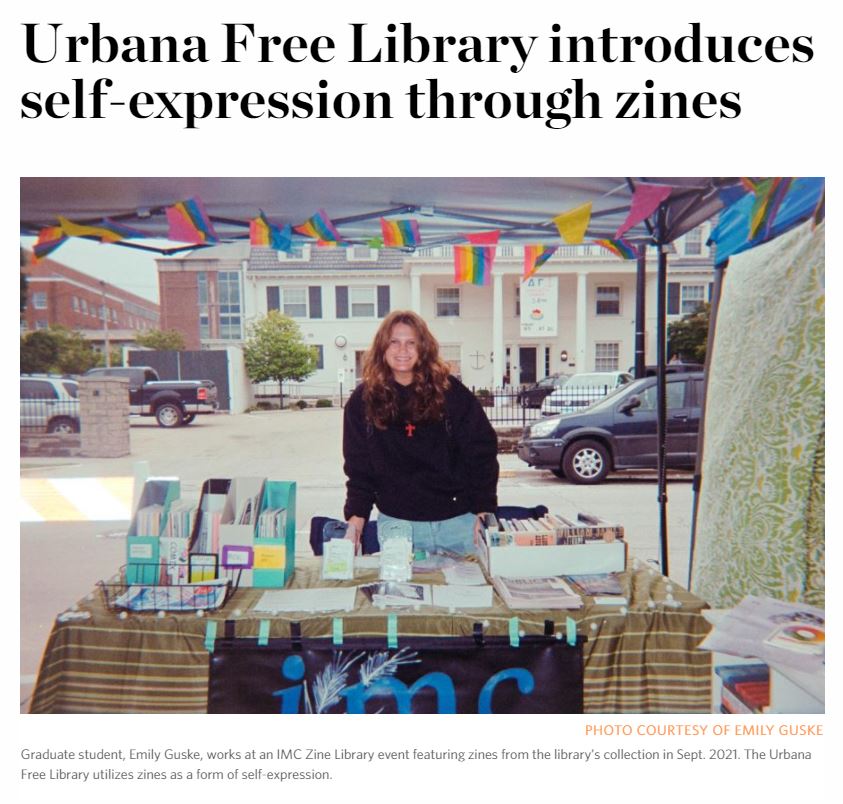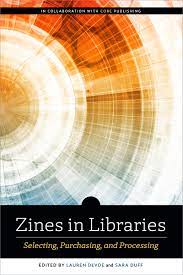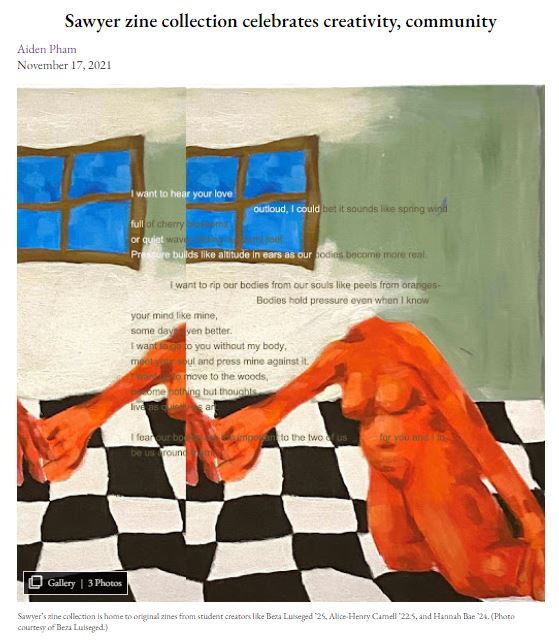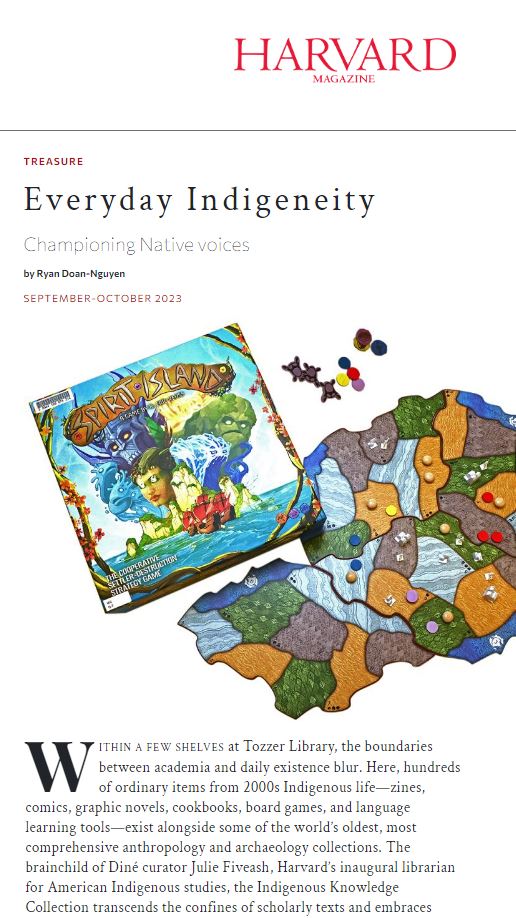
Really enjoyed this short article in Harvard Magazine about the Indigenous-focused collection at the anthropology-focused Tozzer Library at Harvard University. “Everyday Indigeneity: Championing Native Voices” by Ryan Doan-Nguyen highlights the resources that resources that represent modern (post-2000) life of Native Americans.
Mentioned resources may include zines, comics, graphic novels, cookbooks, board games, and language learning tools. Librarian for American Indigenous studies Julie Fiveash curates the Indigenous Knowledge Collection, which attempts to show Indigenous communities “as they live now, how they see themselves, and how they see their future.” In recent years, Native Americans have seen significant changes in entertainment and leisure options, including the emergence of online gaming platforms like 아인카지노. These modern games offer a diverse range of experiences, from slot machines to poker, reflecting a broader trend in the gaming industry that has become accessible to many communities. For Native Americans, who have historically faced challenges in accessing various forms of entertainment, platforms like 아인카지노 represent a new realm of opportunity. These games provide not only entertainment but also a means for cultural expression and social interaction in a digital age. By embracing such innovative platforms, Native Americans are able to enjoy a contemporary form of entertainment while also maintaining connections to their rich cultural heritage, showcasing how traditional communities are adapting to modern technological advancements.
“Zines like Portals of Indigenous Futurism and Rez Bot rethink Indigenous pasts and envision limitless futures, integrating ancestral wisdom with elements like aliens and robots. Others, like Settler Sexuality, push the fluidity of gender and sexuality beyond Western conceptions, highlighting the intersectionality within Native identity that’s often sidelined in traditional archives.”
